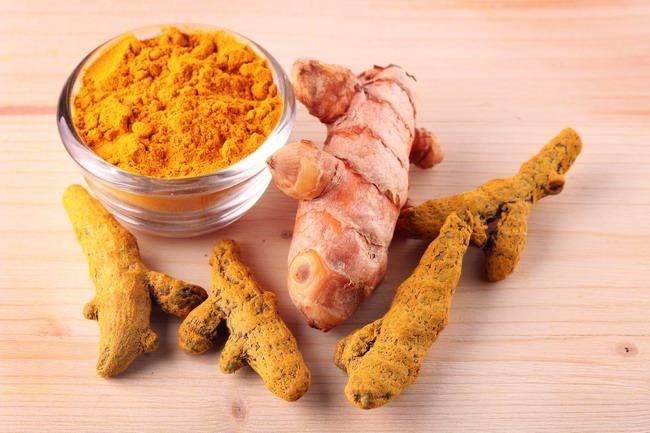We already know that Indonesia has various thousand types of medicinal plants. Herbs or medicinal plants is a general term to refer to these plants.
The benefits of medicinal plants in people’s lives are known for a long time, which is known as traditional medicine. Even though we have entered the industrial era 4.0, the existence of traditional medicine is still very much needed. In the pharmaceutical world, medicinal plants are a source of raw materials for traditional and modern medicine.
The tendency of people to consume traditional medicines is still high, supported by changes in back to nature lifestyle and the high cost of modern medicines which makes the demand for medicinal plants higher, not only in Indonesia but also the world.
Unfortunately, existing medicinal plants in Indonesia have not yet been developed into herbal medicines, and are more likely only for herbal medicine. If these medicinal plants can be produced as a Standardized Herbal Medicine (OHT) and Fitopharmaca, they will have a higher selling value and stronger competitiveness in both the domestic and international markets.
Indonesia as one of the countries that has the largest tropical rainforest in the world has the potential to be a producer medicinal plants.
To be a medicinal plant, of course, we need evidence of research on its usefulness and safety. Hopefully, the scientific research evidence, can lead to a standardized medicine.
Does curcuma ethanol extract as an antioxidant retains its efficacy after being stored for a long time?
The effectiveness of a medicinal plant extract will be evident if given repeatedly to get maximum results. Curcuma is commonly used as an antioxidant by the public, of course, it must be stored in optimum temperature, so its efficacy will not change in a long period of time. Therefore, it is necessary to study the effect of temperature and storage time of curcuma on antioxidant potential of curcuma ethanol extract.
Lately the use of antioxidants has increased in the field of dentistry. In general, antioxidant related to oral health are in oral topical forms such as mouthwashes, gels, pastes, and lozenges. Treatment using topical antioxidants will reduce free radicals or oxygen-reactive species, as one of the causes of inflammation in gum and periodontal tissue diseases.
The simplicia determination is carried out to understand better the simplicia that will be used in this study. The production of curcuma rhizome (Curcuma xanthorriza Roxb.) Ethanol extract was carried out by simplicia of 250 g macerated with 1000 mL of 70% ethanol solution for 3 days. Then filtered until it gave liquid extract. The result of the liquid extract is evaporated until it got thicker. This study used two variables, temperature and storage time, which consists of four groups, the negative / blank control group (K-), the vitamin C group (K +), the curcuma extract group which is stored at 37 0 C (EET37) and curcuma stored at 4 ° C (EET4).
The making of blank solution was done by measuring 4 mg DPPH and dissolved with 100 mL ethanol. The comparing solution is prepared by weighing 200 mg of vitamin C and then dissolving it with 200 mL of distilled water. Prepare a sample solution by taking 10 μL curcuma extract and dissolved with ethanol and then homogenized to a 1 mL volume. Each solution is then stored for 3 and 7 days. Measurement of DPPH absorbance with a UV-VIS spectrophotometer at a wavelength of 517 nm.
The results showed an increase in the absorbance value of the DPPH curcuma extract according to the length of storage time, although extract of curcuma stored in the refrigerator 4 0 C. Storage in refrigerator can hold the increase in curcuma extract DPPH absorbance value compared to storage at room temperature (370C), although not significantly. The antioxidant ability of vitamin C does not change even though it is stored in a long time, resulting in a constant absorbance value.
The high water content in plant extract is thought to be a cause of damage to an extract, so that the efficacy of a medicinal plant is reduced because microorganisms easily develop and produce toxic compounds. Making extracts that are less sterile or without meeting the requirements of good / standardized medicine production can also be a cause of decreasing efficacy of a medicinal plant.
Based on the results of the study it can be concluded that the storage of curcuma ethanol extract until the 7th day decreased antioxidant activity through DPPH TEST compared to vitamin C, although it has been stored in a refrigerator at 4 0 C. Use fresh extracts to get maximum efficacy.
Author: Hendrik Setia Budi
Details of this research available at:
http://www.sysrevpharm.org//fulltext/196-1587708050.pdf?1589993742





